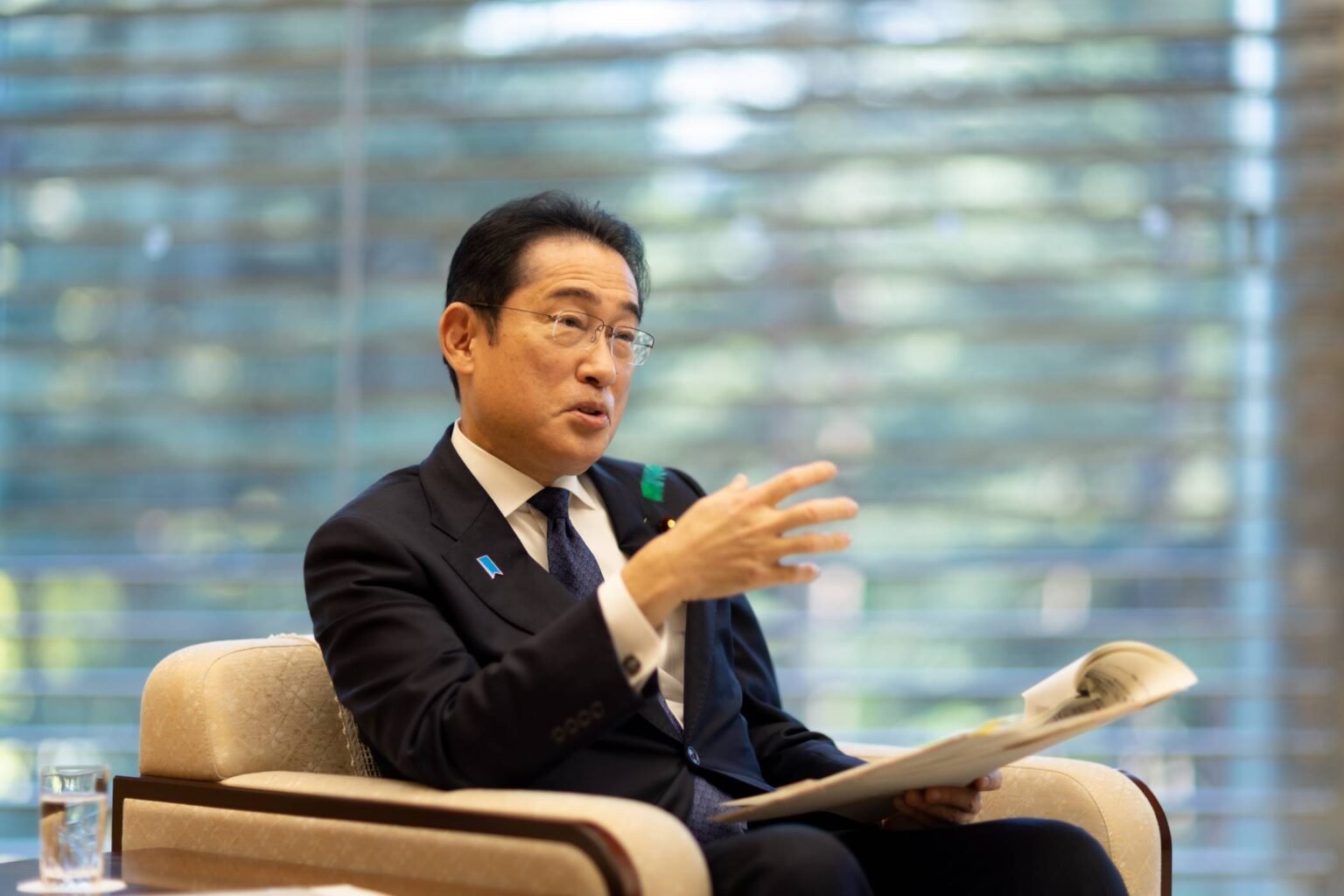In a speech commemorating the 79th anniversary of the nuclear bombing of Hiroshima at the hands of the United States, Japanese Prime Minister Fumio Kishida chose not to mention Washington during his speech.
The ceremony, held at the Hiroshima Peace Memorial Park on Tuesday, highlighted the devastating impact of the bombing but refrained from attributing responsibility directly.
On August 6, 1945, an American B-29 warplane dropped an atomic bomb on Hiroshima, resulting in the deaths of up to 126,000 people, predominantly civilians. A second bomb was detonated over Nagasaki on August 9, killing up to 80,000 people. These attacks led to Japan’s surrender to the Allied powers, effectively ending the Second World War.
During his address, Kishida reflected on the catastrophic consequences of the bombing, “79 years ago today, an atomic bomb deprived people said to number well more than 100,000 of their precious lives.”
“It reduced the city to ashes and mercilessly deprived people of their dreams and bright futures. Even those who escaped death suffered hardships beyond description,” he said, conspicuously without specifying the country responsible for the attack.
Kishida emphasized Japan’s unique position as the only country to have experienced nuclear devastation in war, stating, “Japan has the mission of… steadily building up efforts over time towards the realization of a world without nuclear weapons.”
He warned that the current global situation is precarious, with the potential for a reversal of nuclear disarmament progress seen since the Cold War. “The widening division within the international community over approaches to nuclear disarmament, Russia’s nuclear threat, and other concerns make the situation surrounding nuclear disarmament all the more challenging,” he added.
Not the first time
The prime minister’s speech closely mirrored his address from the previous year, which also did not mention the US. This omission aligns with the longstanding alliance between Tokyo and Washington, established after the US occupied Japan and helped with the process of drafting its constitution following the bombings.
UN Secretary-General Antonio Guterres, in his message marking the anniversary, similarly avoided referencing the US. “We must not forget the lessons of August 6, 1945,” he wrote on X (formerly Twitter), stressing that nuclear weapons “represent a real and present danger.”
Last week, Vipin Narang, the US acting assistant secretary of defense for space policy, voiced concerns about the global nuclear landscape. He suggested that Washington should “prepare for a world where constraints on nuclear weapons arsenals disappear entirely,” citing Chinese nuclear expansion, Russian-DPRK collaboration, and alleged development of nuclear anti-satellite weapons by Moscow as key factors.
The US remains the only country to have ever used nuclear weapons in combat
Source: AlMayadeen



